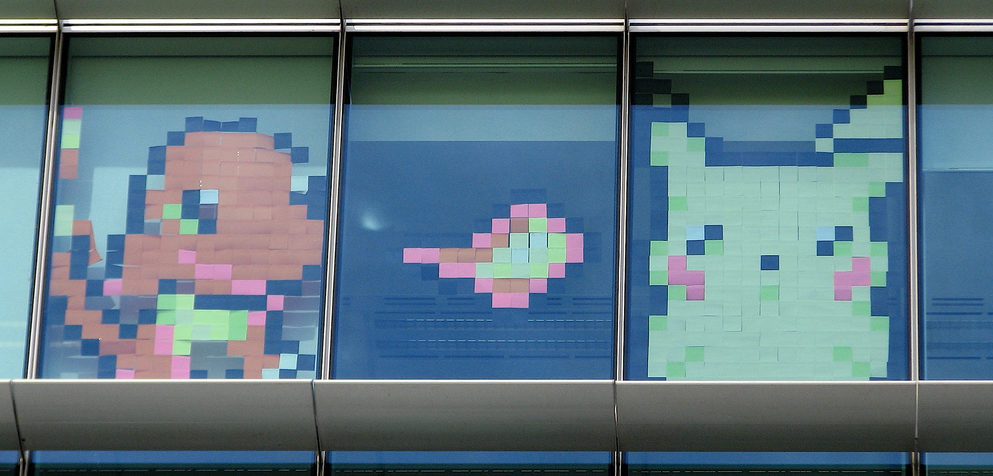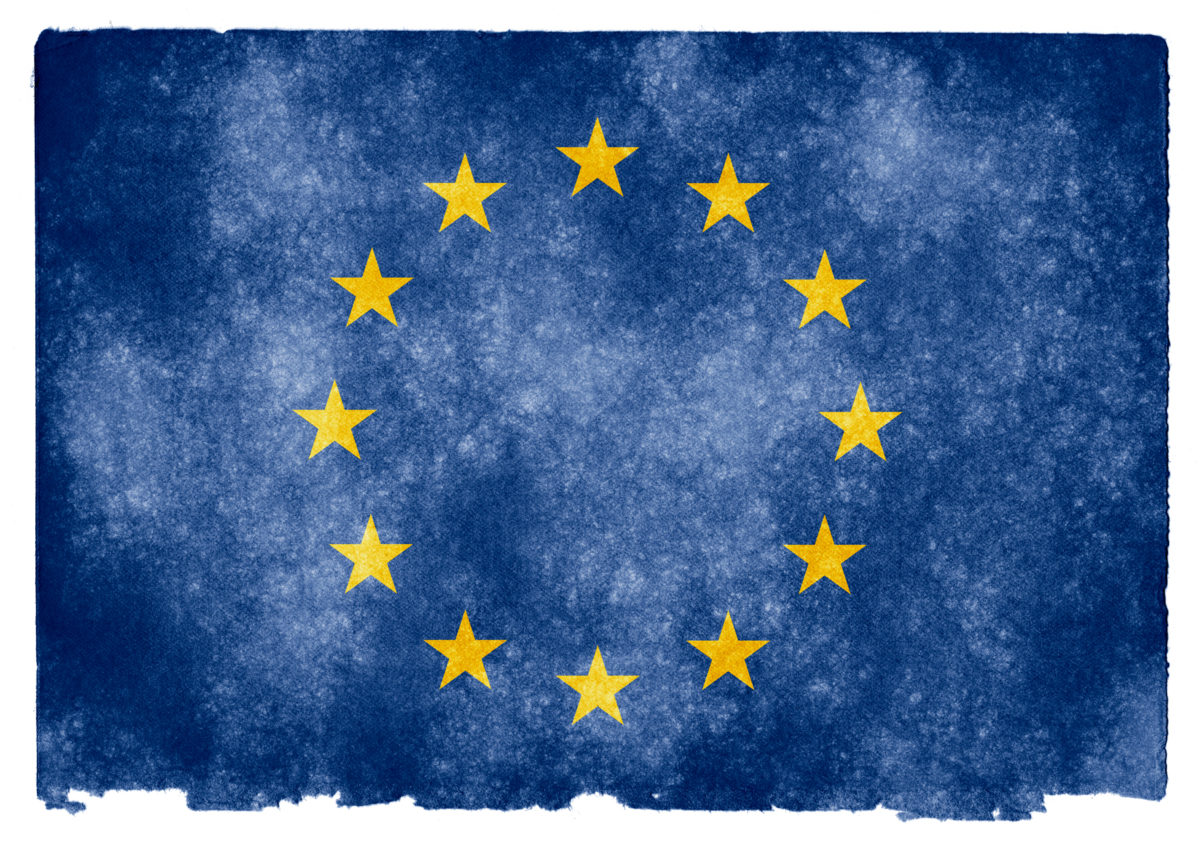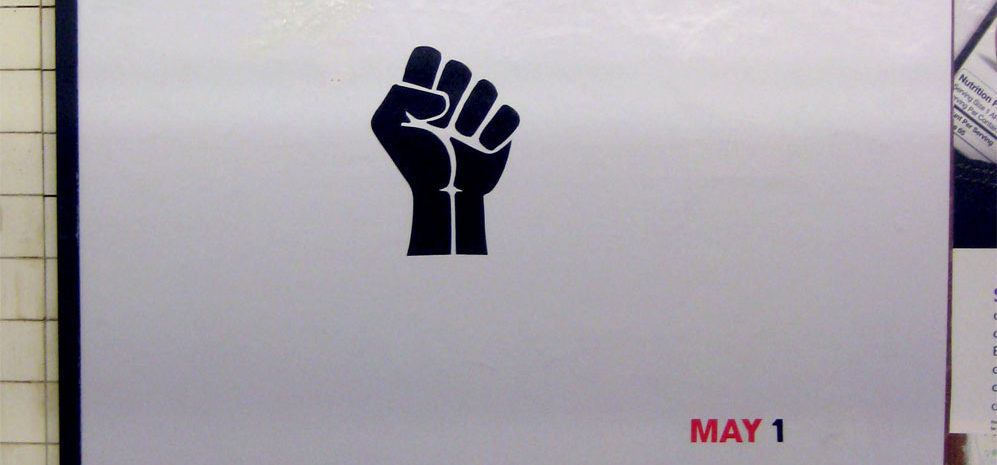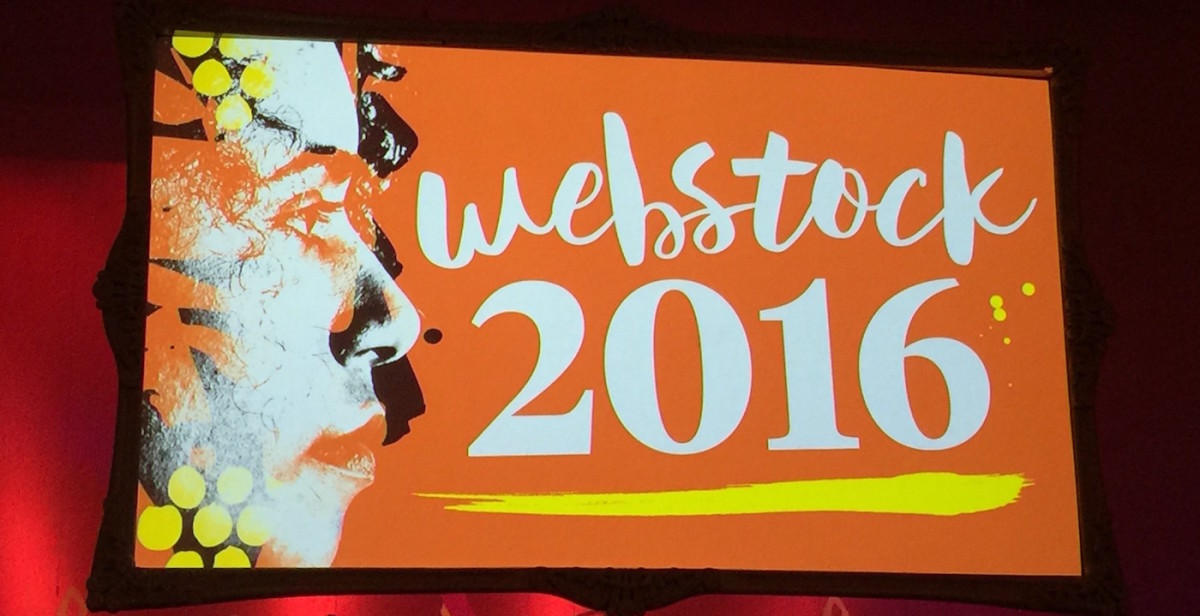The end of the year is an opportunity to look back and be grateful. When we moved here, the local libraries of King County and Seattle welcomed us with open arms. No credit history or social security number required, not even a monthly fee. We’ve been continuously surprised by the local libraries and their commitment to excellence. Their dense network of locations for pick ups and drop offs, the amazing collection of books and their great electronic options to name a few.
They have been particularly helpful for our daughter. Not only did story times and a generous limit on book loans help us nurture her interest in books, it even helped her deal with daily life challenges. When she became a big sister picture books prepared her for what was to happen. When she was afraid of going to the doctor “Leo gets a check up” showed her that it will be OK. When she showed interest in diggers and construction vehicles, there were lots of picture books about how all that heavy machinery works together.
The adults in our household enjoy the electronic selection, in particular Kindle loans for eBooks and Libby for audio books. The latter blew me away. Searching, checking out and listening audio books all from within one app is a great user experience. The user interface is intuitive (better than Audible) making it easy to take notes and set bookmarks. I very much appreciated the option to search by “What’s available”, which helps me get through household chores. The collection of physical books is amazing as well. And if a book is not available right now, we can just place a hold and are pleasantly surprised once it turns up in the future – deferred gratification, a rare treat in today’s world.
We recently also discovered their Kanopy and Hoopla services, where we’ve now watched a couple of movies. They don’t encourage binge viewing, but limit consumption to five movies a month. That’s a good amount. We like the selection of movies, ones that we often wouldn’t find on other streaming services. And it’s all included in the membership.
And how much does all of this cost? It’s part of our tax dollars at work. Do they track my data to target advertising? Not that I know of. Libraries have been these shining oases nurturing our souls that we are very grateful for. If you are looking for a New Year’s resolution for 2020, making more use of your local library is a great one.
Let me close with quotes from two articles from last year that put it so much better than I could. Khoi Vinh on his blog:
Even more radically, your time at the library comes with absolutely no expectation that you buy anything. Or even that you transact at all. And there’s certainly no implication that your data or your rights are being surrendered in return for the services you partake in.
Your Public Library Is Where It’s At
This rare openness and neutrality imbues libraries with a distinct sense of community, of us, of everyone having come together to fund and build and participate in this collective sharing of knowledge and space. All of that seems exceedingly rare in this increasingly commercial, exposed world of ours. In a way it’s quite amazing that the concept continues to persist at all.
And one quote from the New York Times:
Libraries are an example of what I call “social infrastructure”: the physical spaces and organizations that shape the way people interact. Libraries don’t just provide free access to books and other cultural materials, they also offer things like companionship for older adults, de facto child care for busy parents, language instruction for immigrants and welcoming public spaces for the poor, the homeless and young people.
To Restore Civil Society, Start With the Library





